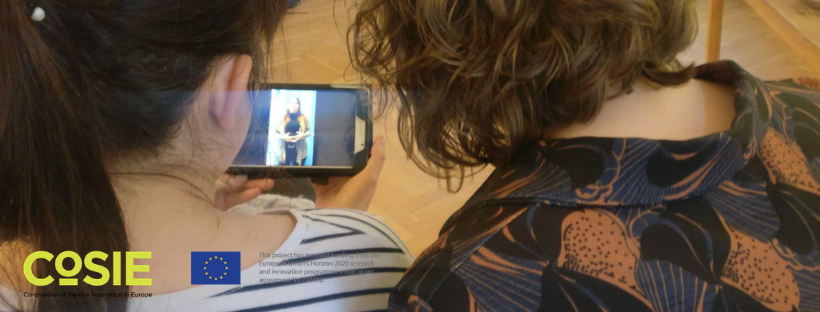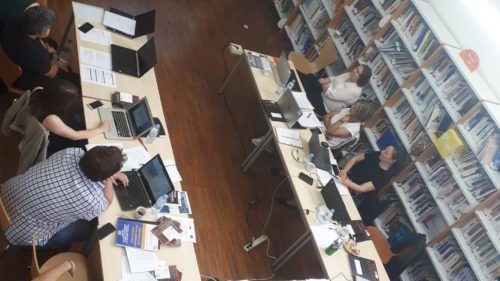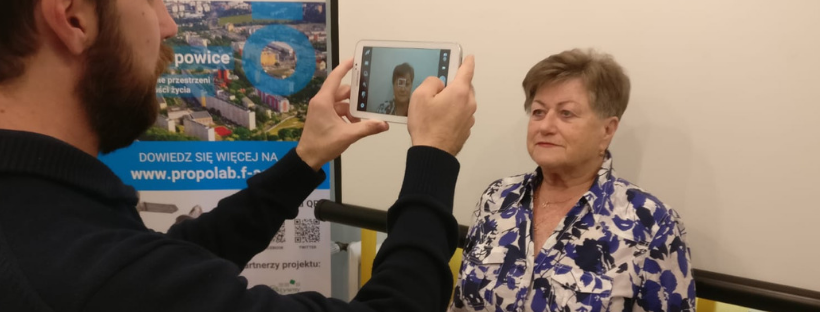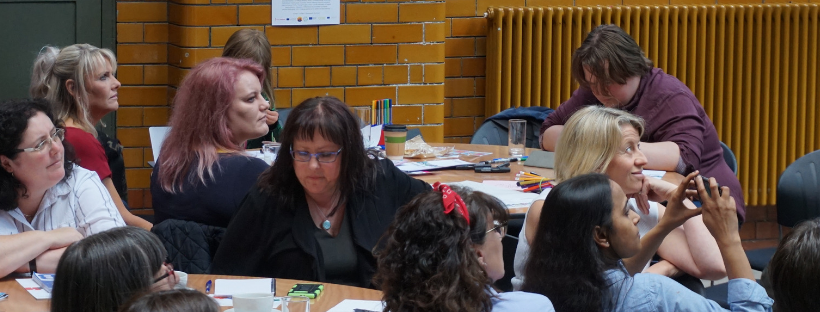‘OUR VOICES’ FINAL MEETING IN BERLIN

Earlier this month, the Our Voices team met in Berlin to define the last actions to take before the end of the project later in the Summer. With the products finalised, it was the moment to value the whole experience that lead the consortium to create a Digital Curator Curriculum, Digital Curator Toolkit and Story Curation Resource Bank.
The project started in 2016, when the consortium began to find ways to give a voice to the unheard and change perceptions within society. Nearly three years have passed since then and an innovative methodology based on the use of digital technologies to create impactful stories and promote positive change in communities, has been created. As part of this process, a new concept – that of digital curation – has been developed and pushed forward in different countries across Europe.
Funded via the Erasmus+ programme, the partners have been testing the products created and are now focused on their adaptation to different local contexts and sectors. The adaptability of the outputs has been defined as one of the main strengths of the project and each partner is currently working to tailor the products to their specific sectors and stakeholder needs. As part of this process, we here at PVM will keep delivering trainings using the products, disseminating them at events and look for new funding opportunities to expand this work further.
We hope that the methodology will keep being used in meaningful ways and if you’d like to find out more and access the products produced, then visit the Our Voices website. The contents will remain accessible and we are sure you will make a good use of them!



